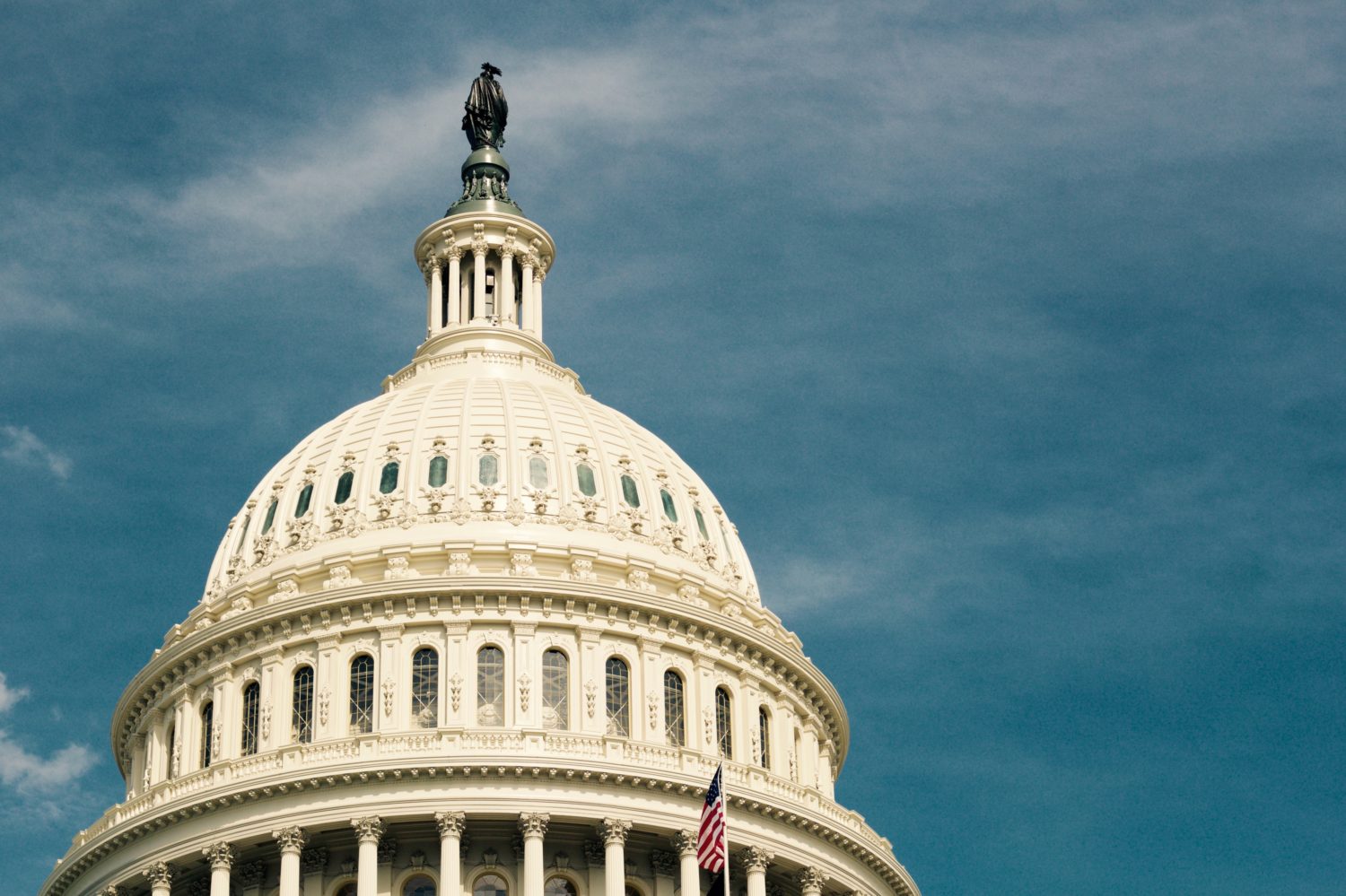As lawmakers get to work in the 116th Congress, they should seize this important historic and cultural moment by passing more laws that protect the public, especially women and those in marginalized communities, from sexual harassment, misconduct and abuse.
Here are five things the new Congress can do to end sexual violence in one generation:
Reauthorize Violence Against Women Act (VAWA)
Strong, bipartisan legislation reauthorizing the Violence Against Women Act should include increased investments in prevention; enhanced protections for Native women; strengthened housing provisions; homicide reduction tools; and improved criminal justice approaches.
Increase funding for sexual assault services and prevention
Authorizing $50 million for the Sexual Assault Services Program at the Office on Violence Against Women and $75 million for the Rape Prevention & Education Program at the CDC Injury Center will help bring to bear important and much-needed resources for organizations that serve women across the country who have experienced sexual violence.
Strengthen workplace harassment protections and accountability
Despite the longstanding prohibitions against harassment based on sex, race, color, religion, national origin, age, and disability, many workers, especially working women and those in low-wage jobs, continue to be denied equal employment opportunities, safety, and dignity. New legislation should focus on strengthening an employee’s ability to hold their employers and harassers accountable.
Pass Survivors’ Access to Supportive Care Act (SASCA)
We must improve survivors’ access to trained, forensic examiners. This bipartisan and bicameral legislation would provide guidance and support to states and hospitals providing sexual assault examination services and treatment.
Pass Closing Law Enforcement Consent Loophole Act
There is currently no law preventing federal law enforcement officers from using consent as a defense when accused of committing sexual misconduct on the job. Lawmakers should pass the Closing Law Enforcement Consent Loophole Act and encourage states to pass strong laws that hold these enforcement officers accountable.

